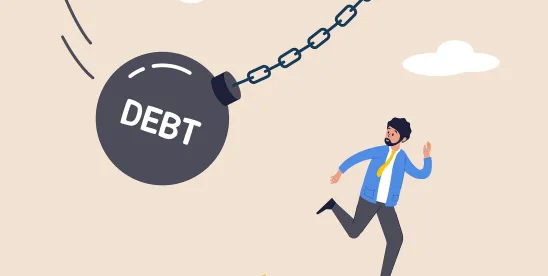On July 11, the Federal District Court for the Middle District of Florida granted the FTC’s request for a temporary restraining order against operators of a debt relief enterprise that unlawfully charged consumers illegal advance fees.
In the FTC’s July 9 complaint, the Commission alleges that the company and its owners falsely promised to enroll consumers in programs that guaranteed low monthly loan repayments followed by a lump-sum loan forgiveness. In exchange for enrollment in their program, the operators charged consumers advance fees of several hundred dollars followed by monthly fees of as much as $29. The FTC alleges that while the company stated it would apply consumers’ monthly payments to their loan balances, in reality it kept the consumers’ money and moved it offshore. As part of their scheme, the defendants falsely claimed that they were affiliated with the Department of Education.
The complaint alleges that the company posted false testimonials of positive experiences and that it targeted Spanish speaking consumers who could not read the fine-print contracts written in English while the sales information was conveyed in Spanish. In addition, the FTC alleges that telemarketers (based in Colombia) placed unwanted telemarketing calls to consumers throughout the United States, including consumers on the Do Not Call Registry. They also disproportionately targeted consumers in Puerto Rico.
The Commission voted 5-0 in authorizing the action. In granting the government’s request for a temporary restraining order, the court found there was good cause to believe that defendants violated Section 5(a) of the FTC Act, multiple provisions of the FTC’s Telemarketing Sales Rule, and the GLBA.
Putting It Into Practice: The FTC has repeatedly brought enforcement actions against student debt-relief enterprises (previously discussed here and here). Notably, even though it was alleged that the defendants claimed to be affiliated with the Department of Education, the government did not bring a claim under its new Impersonation Rule, which went into effect this past April. That rule makes it an unfair or deceptive act or practice for “materially and falsely pos[ing] as directly or by implication,” a government entity or business; and “materially misrepresent[ing], directly or by implication, affiliation with, including endorsement or sponsorship by,” a government entity or business. We will stay tuned to see how frequently the government brings claims under its new rule.



 />i
/>i


